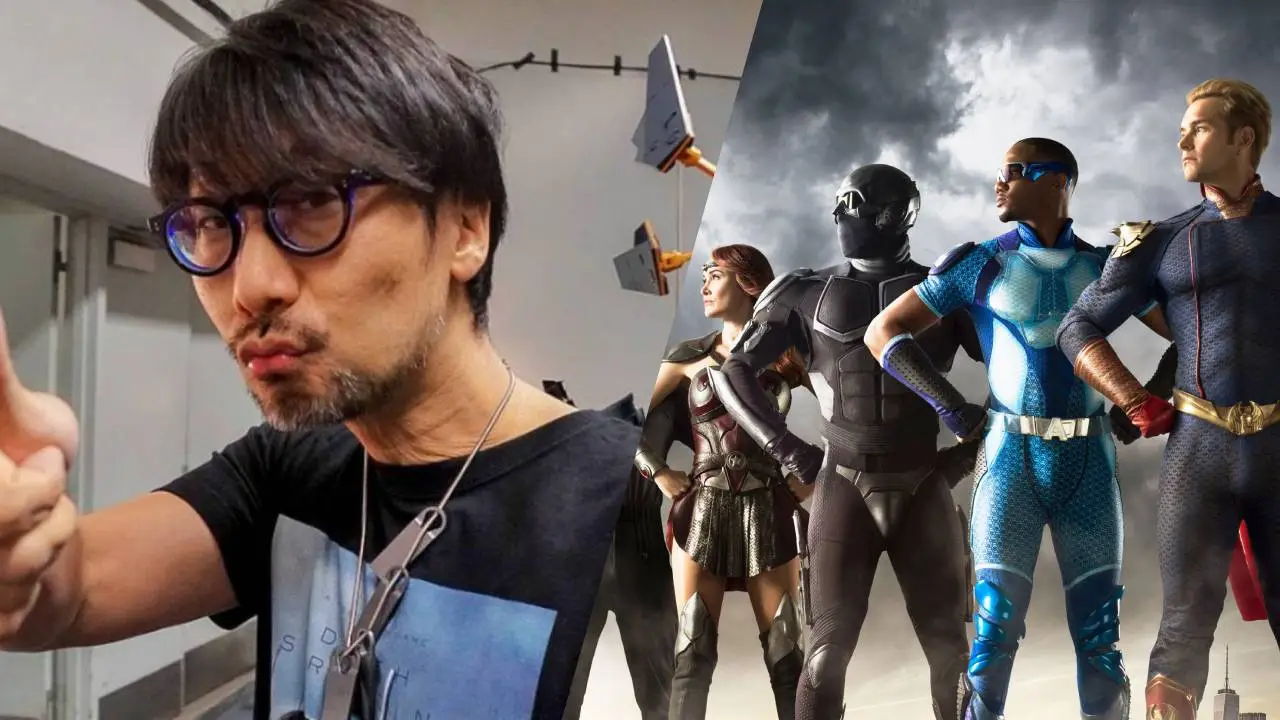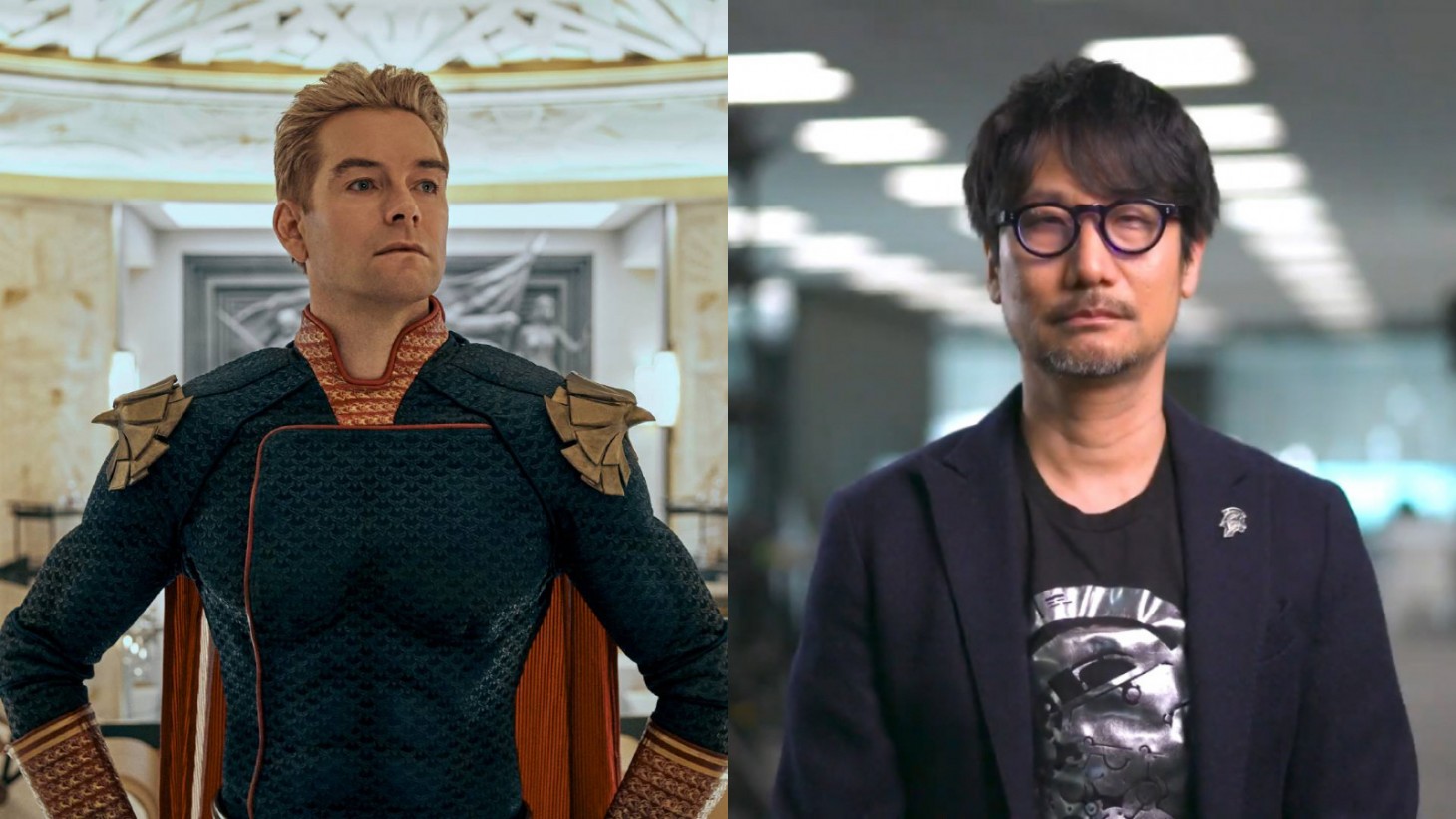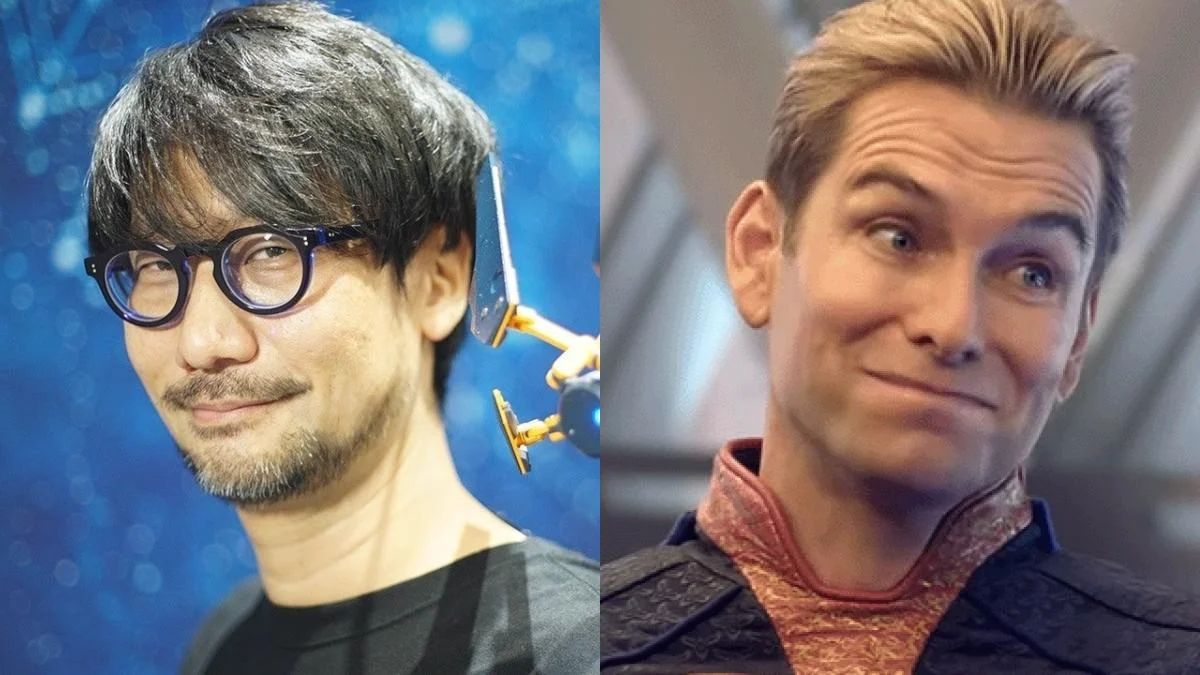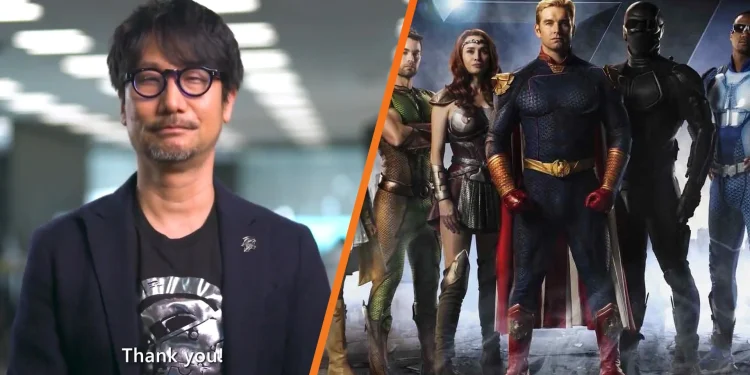Amid the colossal wave of superhero cinema, Amazon Prime’s “The Boys” Season 4 emerges not just as a mere series but as a piercing political satire, capturing the hearts of audiences worldwide, including revered video game designer Hideo Kojima. His recent tweet post-watching Episode 5 reflects a blend of emotions stirred by the episode—humor, gore, and even tears. This reaction from a creative genius known for his discerning taste in storytelling highlights the show’s unique impact.

A Scene That Leaves a Legend Speechless
Kojima’s experience with the latest episode is particularly noteworthy. Upon returning to Japan, he indulged in the fresh release and found it unpredictably brilliant.
“It was funny, gory, and it made me cry too,”
Kojima remarked, emphasizing the high quality of satire that now defines the series. His engagement with the show extends beyond casual viewing; he’s emotionally invested, evidenced by his anticipation for upcoming episodes.
Marvel Studios’ Unspoken Nod
Interestingly, “The Boys” not only enthralls fans and critics but also captures the attention of Marvel Studios executives, whom the series frequently parodies. Eric Kripke, the series creator, shared with Variety that Marvel’s higher-ups watch and appreciate the show, a testament to its clever and enjoyable critique of the superhero genre. This acknowledgment from rivals is rare and speaks volumes about the quality and entertainment value of “The Boys.”

Breaking Superhero Molds
Kripke, in his conversation with The Hollywood Reporter, elaborates on why “The Boys” transcends traditional superhero narratives. Unlike typical superhero projects that focus on the spectacle of powers and heroics, “The Boys” delves into the murky waters of celebrity politics and late-stage capitalism, presenting a stark reflection of society under the guise of super-powered beings. This thematic depth is what sets the series apart, ensuring it resonates on a more meaningful level than typical genre fare.
Beyond the Cape and Cowl
The show’s approach to superhero fatigue is refreshingly self-aware. Kripke notes that any superhero project can start to feel stale if it doesn’t evolve beyond its initial premise. This is where “The Boys” shines, continuously reinventing its narrative to keep the audience engaged and reflective. It’s not just about the shock value or the visual spectacle—it’s about the commentary it brings to the table, making viewers question and chuckle at the absurdity of it all.

As “The Boys” continues to challenge norms and exceed expectations, its influence is clear. It’s a show that not only entertains but also provokes thought, proving that even the most fantastical genres can carry profound messages. And if it can leave a visionary like Hideo Kojima both laughing and crying, it’s certainly achieved something extraordinary. As the series progresses, one can only expect it to delve deeper, push boundaries further, and continue to redefine what a superhero show can be.









